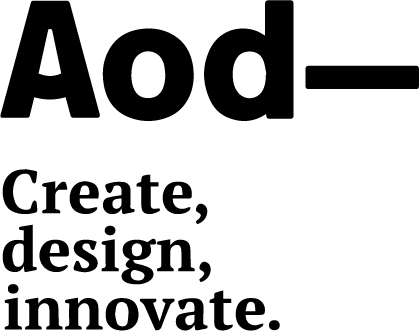
Reimagining the workspace of Tomorrow
Share
Contributor: Ranjula Herath
The future of workspace design raises a couple of interesting questions. One being, when the ability to work from anywhere, combined with the advances in technology, has made us geographically neutral; what kind of working environment would we need today? Another being, how do we draw out the best efficiency and nurture the mental wellbeing of employees with workspace design? With our Colombo Innovation Tower project striving to answer these same questions, we opened our knowledge sharing platform ‘Design Katha’ to Aditi Amalean, the young creative thinker behind MAS’s ongoing transformation of traditional workplaces across its massive network of offices and factories.
Aditi brought out many interesting points; specially how the young generation and their choices in work and life will be a key factor in structuring the workplaces of tomorrow. Here are some highlights on Aditi’s outlook on reimagining workspaces and modern HR.
The young generation and the future of workspaces
The younger generation never stops learning and work is becoming a much larger part of our lives. We are more experiential and want these experiences now, while we're young. We look to find meaning in our work while being appreciated for our contributions. This makes our workspaces crucial to our behaviour and culture at work. This has caused a major upheaval of the traditional ‘cubicle office’ with the future of work paving the way to transforming, fluid spaces. She stressed that evolving technology and demographics, focus on essentially human skills—like creativity and making room for diverse types of employees—from permanent employees to part-timers, external collaborators and freelancers—will affect our workspaces tomorrow.
Essential human skills and inspiring the workforce
“Is it the kind of workspace that requires thinking zones or collaboration zones? Think about how most people work. One size doesn't fit all. Some people need quiet spaces, and others collaborative.”
When designing workspaces, Aditi believes in meeting with the team members in the workspace and also observing them as they work, mapping how each person moves and uses the space. She also places great importance on technicalities like acoustics, temperature management, health and safety etc. A point that held the interest of the audience is using art in a workspace. She noted how art has a much higher purpose than simply ‘beautifying’ a space, and ideas like art that involves the work team or resonates with their ideas of inspiration, motivation etc.
Modern HR and changing job roles
When designing workspaces, ‘efficiency’ must be given great thought. It is no longer practical to devote permanent offices to managers who are always rotating in different offices to branches. Instead, different approaches like breaking down the functions of a position and allocating spaces to each function need to be considered. She discussed how in modern offices, communal spaces like pantries become central, encouraging employees to keep the conversation going within an informal setting. Efficiency must be given precedence and space allocation should be according to usage.
“So instead of devoting large, permanent offices to managers, who are not there all the time, different approaches like creating flexible spaces for functions, rather than roles, gives rise to designated areas that both managers and other employees use as and when they need it.”
Tomorrow’s workspaces are different, and the transformation is already well on its way in Sri Lanka. Aditi’s talk was a great insight into how a human centered approach can completely change how workspaces are defined in the future. MAS Build, as AOD's Colombo Innovation Tower's Knowledge Partner wishes to share more discussions on how businesses can use creativity and innovation into their office structures and encourage a new wave of thinking for the future. With AOD's Colombo Innovation Tower Project we look to creating a community of innovative thinkers and doers and create an ongoing dialogue between creators, innovators and business minds to inspire and make better business through design.


